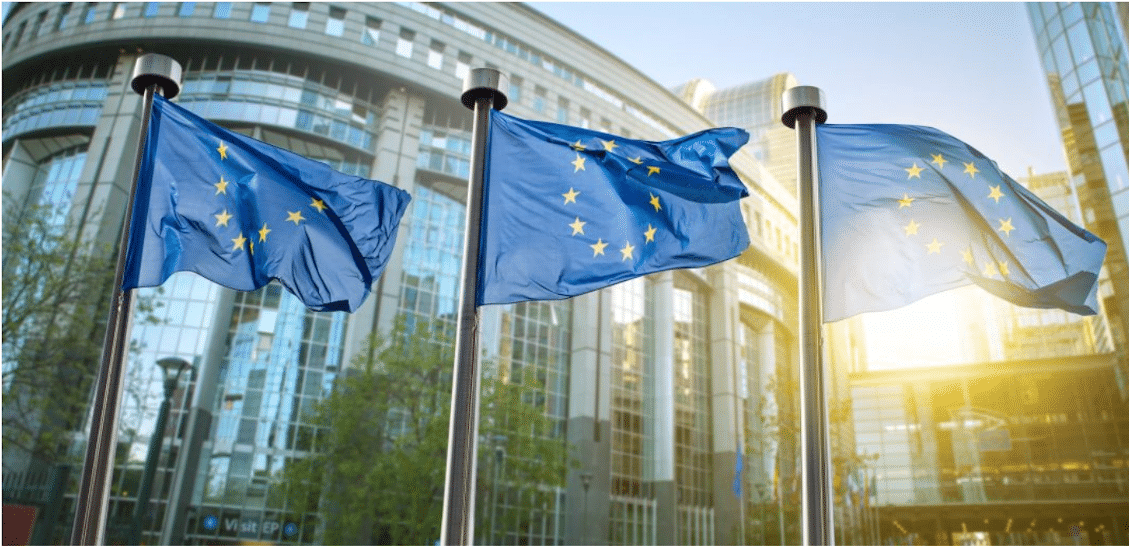
The French SEC-equivalent AMF (Autorité des marchés financiers), detailed the existing issue on approaches taken regarding digital currencies. In their report, the AMF called on the European Commission to develop a strategy for digital financial services.
The Fintech dossier called for the EU to “regulate the issuance and exchange of financial instruments in a blockchain (tokenization)“. This would only be feasible by removing current legal barriers.
Legal barriers to the development of blockchain based securities
According to the report, currently, attention is drawn to problems that have already been addressed by other market participants. Following a detailed legal analysis, the AMF has identified several legal obstacles that stand in the way of the development of blockchain securities. The AMF criticized and highlighted specific points that are incompatible with the decentralized structure of blockchain technology:
- The need to designate a blockchain manager to act as a settlement system, which de facto excludes decentralized securities trading platforms on blockchains.
- The obligation to use a credit institution or an investment firm as an intermediary in order to give individuals access to the settlement system.
- The obligation to settle securities transactions in cash, central bank money or commercial currency.

